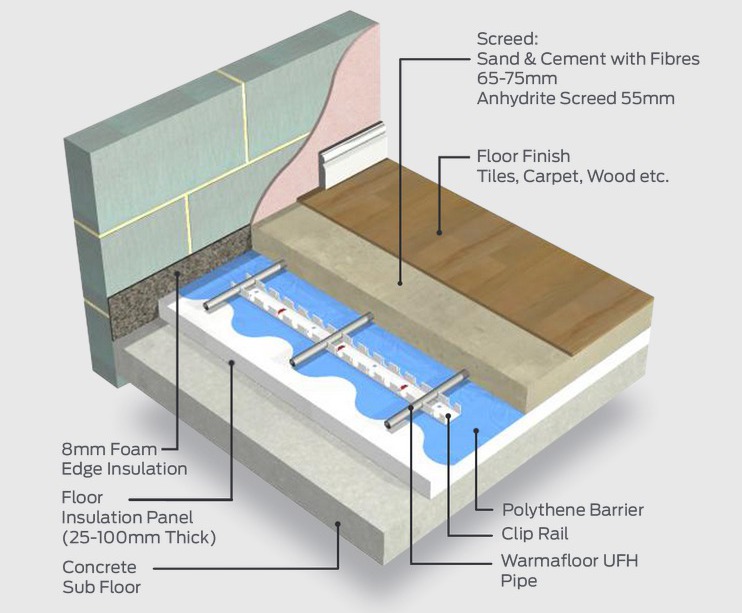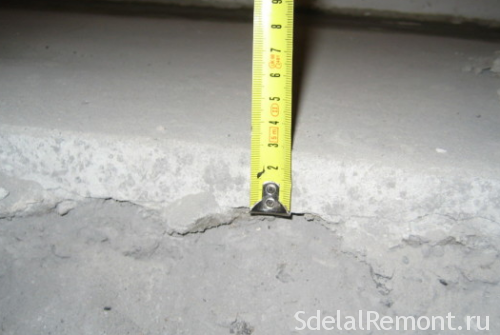Understanding Concrete Floor Screed Thickness
Concrete floor screeds are an essential part of many construction projects. They provide a smooth, level surface for flooring materials, and they can also help to improve the structural integrity of the floor. The thickness of a concrete floor screed is important for a number of reasons. It affects the strength and durability of the floor, as well as its ability to support heavy loads. It also affects the cost of the project, as thicker screeds require more materials and labor.
There are a number of factors that influence the thickness of a concrete floor screed. These include:
- The type of subfloor: The type of subfloor will affect the amount of leveling required. For example, a concrete subfloor may require less screed than a wood subfloor.
- The intended use of the floor: The intended use of the floor will affect the amount of load it will need to support. For example, a commercial floor that will be used for heavy traffic will require a thicker screed than a residential floor that will be used for light traffic.
- The type of flooring: The type of flooring will also affect the thickness of the screed. For example, a thick flooring material, such as tile, will require a thicker screed than a thin flooring material, such as carpet.
- The climate: The climate will also affect the thickness of the screed. In cold climates, the screed may need to be thicker to prevent cracking.
The minimum thickness of a concrete floor screed is typically 1 inch. However, the actual thickness may need to be greater depending on the factors listed above. The maximum thickness of a concrete floor screed is typically 2 inches. However, thicker screeds can be used in some cases. It is important to consult with a structural engineer or flooring specialist to determine the right thickness for your concrete floor screed. They will be able to take into account all of the factors involved and recommend the best solution for your project.
Concrete Floor Screed Thickness

Here are some additional things to keep in mind when determining the thickness of your concrete floor screed:
- The thicker the screed, the more expensive it will be.
- A thicker screed will take longer to dry.
- A thicker screed may be more prone to cracking.
It is important to weigh the pros and cons of different screed thicknesses before making a decision.
The installation process for a concrete floor screed is relatively simple. However, it is important to follow the manufacturer’s instructions carefully to ensure a quality installation.
The first step is to prepare the subfloor. This involves cleaning the subfloor and removing any loose or damaged materials.
Next, the screed mix is prepared according to the manufacturer’s instructions. The screed is then poured onto the subfloor and leveled using a screed board.
The screed is allowed to dry completely before the flooring material is installed.
Concrete floor screeds are a durable and versatile flooring solution. By understanding the factors that influence the thickness of a concrete floor screed, you can ensure that your project is successful.
Floor Screeds for Under Floor Heating and Floor Levelling Compound
A BSBG guide to floor screeds Brewer Smith Brewer Group
Borders Underfloor Heating supply water filled underfloor heating
Sand Cement Screed Thickness Minimum?
Types of Floor Screed – London Flow Screed
A BSBG guide to floor screeds Brewer Smith Brewer Group
What is Screed? EasyMix Concrete UK Ltd
Mounting example of a floor drain with a concrete floating screed
Types of Screed Bonded Screed Unbonded Screed Floating Screed
The importance of floor screed design – part 1 This Is Construction
Some information about Floor Screed u2013 Construction Cost
which minimum thickness floor screed can be used in apartment
Related Posts:
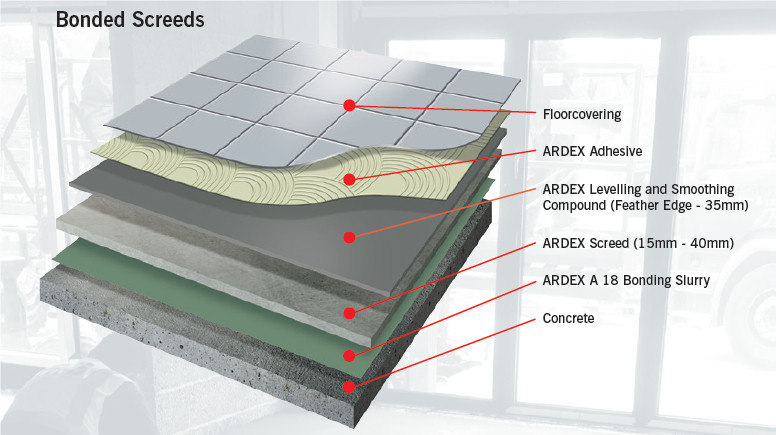

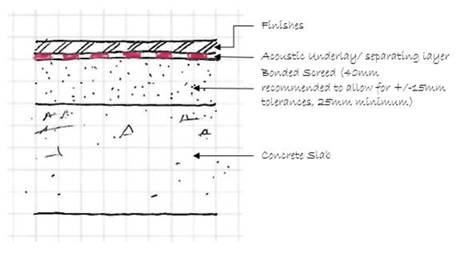



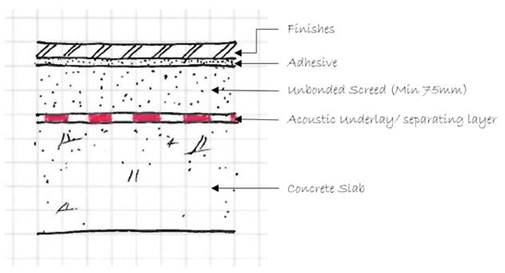
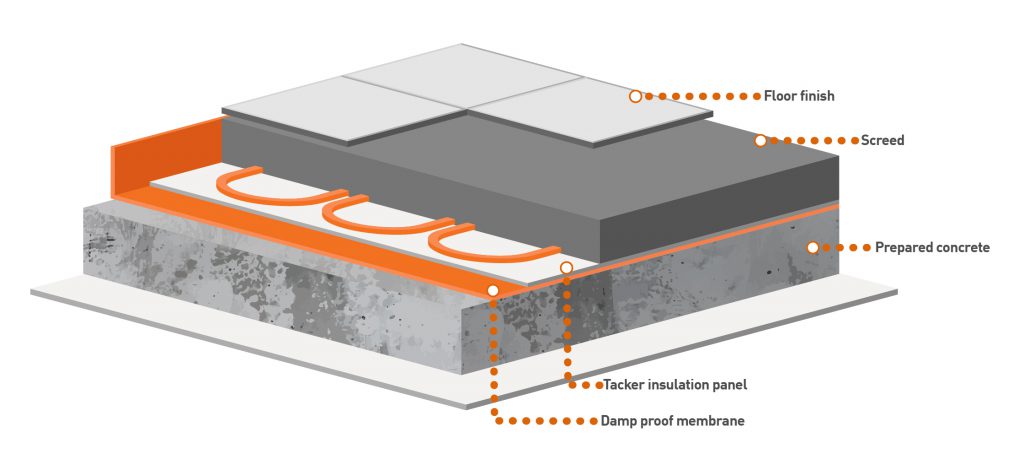

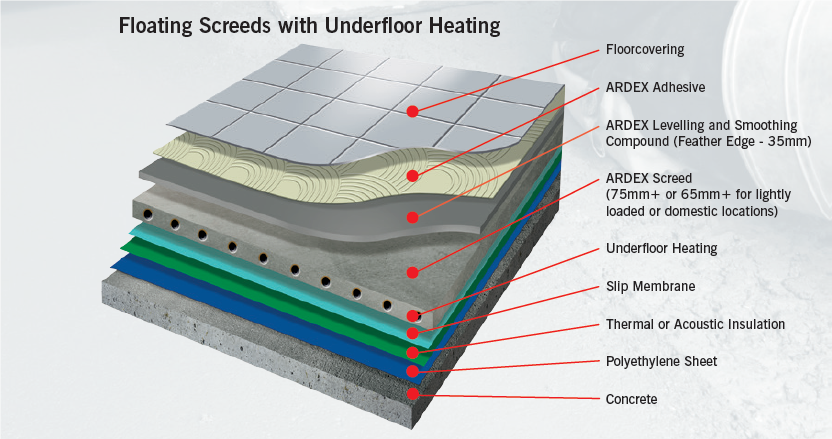
.jpeg)
